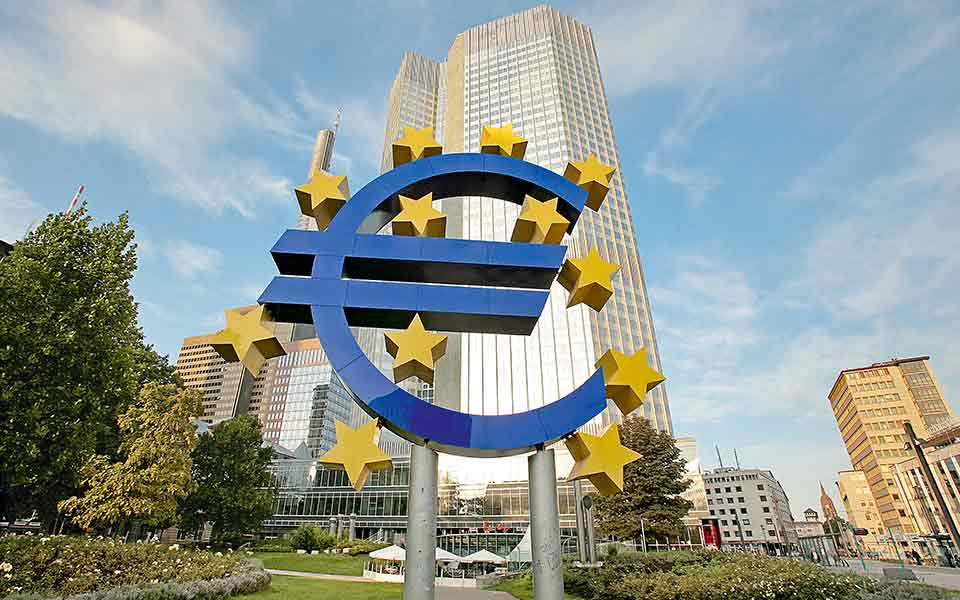Double challenge for local banks

The Greek credit system is faced with a double challenge in tackling the economic crisis caused by the coronavirus pandemic: Besides managing the new generation of bad loans, the banks will have to serve as the catalyst for the economy’s emergence from the crisis, channeling the necessary cash flow into the market.
The instruments employed under the guidance of the regulatory authorities are strong and aim to tackle corporations’ and households’ inability to meet their obligations and cover increased liquidity needs, offering enterprises access to credit lines for working capital.
Topping the list of watchdogs’ tools is flexibility in tackling the new bad loans that will be created by the freeze on loan repayments. That flexibility permits lenders to suspend payments for extensive periods, allowing them to put any new bad loans created into a separate category that will not require any additional provisions. A strict condition for the special treatment of those loans is that the businesses and households were consistent in servicing their debts to banks before the epidemic broke out.
That flexibility will allow the banks not to increase provisions for losses (at least for 2020), which will shield their capital reserves released from the reduction of capital requirements by 2.5 percent that the European Central Bank decided. This reduction of the “capital conservation buffer” releases a sum of 12.6 billion euros for the four main banks (4.8 billion for National, 3.5 billion for Alpha, 2.3 billion for Piraeus and 2 billion for Eurobank) that will be used in the battle against the bad loans created by the crisis, by absorbing the losses generated.
On the liquidity front, the sum of Greek bank deposits tops 176 billion euros; combined with the additional cash of 10 billion euros from the ECB decision to accept Greek bonds as collateral for liquidity, it grants banks the necessary leeway to support enterprises at this crucial stage. Already, large and medium-sized corporations have exhausted their credit lines at banks, which are now further expanding their limits in an effort to help the market get through the crisis.





